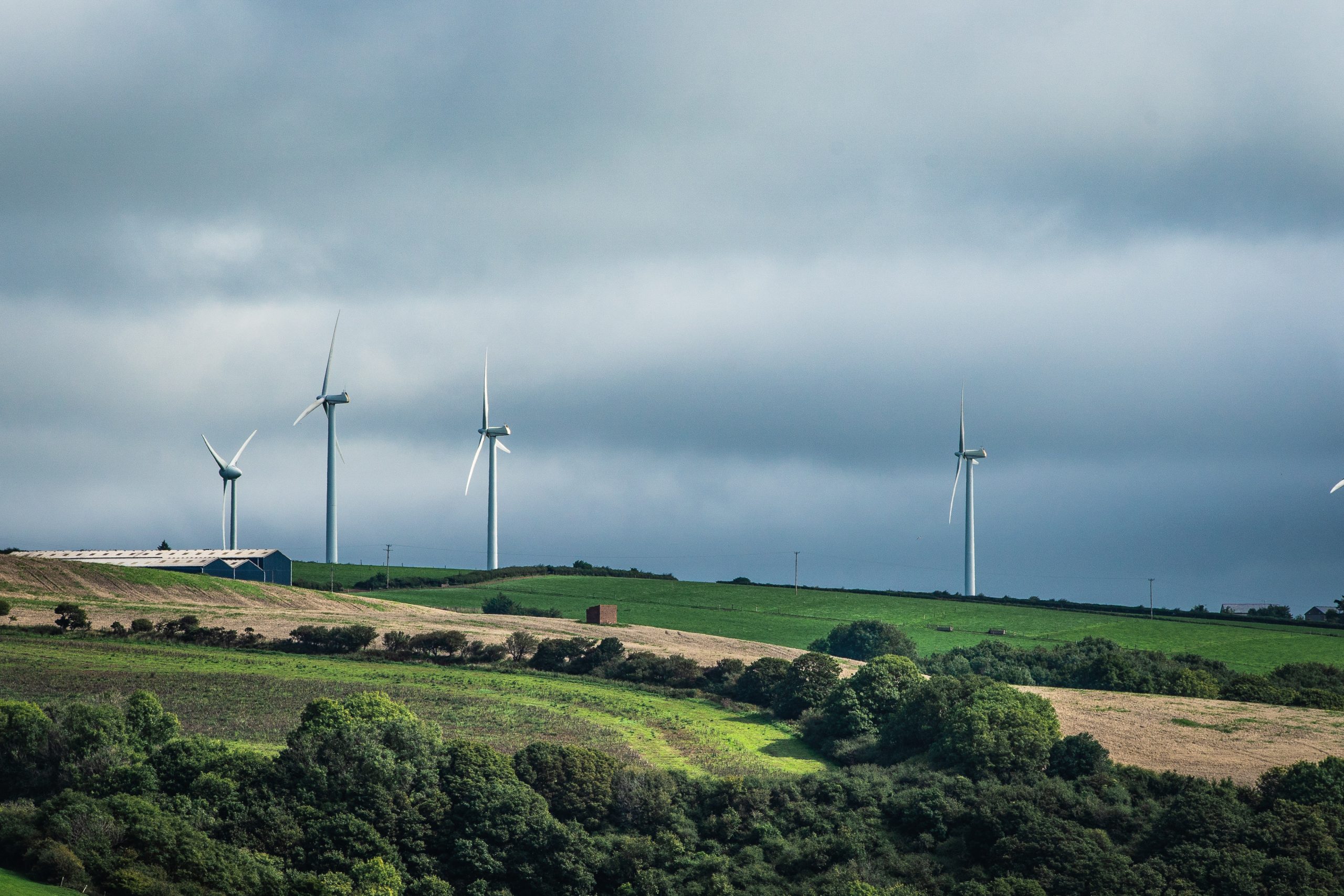A left-of-centre think tank has called for radical overhaul of Britain’s planning laws, if targets for Net Zero energy from onshore wind and solar are to be met.
“Planning for Net Zero”, a report from the Institute of Public Policy Research, calls for restrictions on onshore wind and solar to be cut and for local authorities to be compelled to identify land suitable for onshore wind and solar generation.
Alongside onshore green energy, the IPPR paper considers how planning norms it describes as “unfit” delay new home building and decarbonising surface transport.
New onshore wind development in England were effectively banned from 2015 by the Cameron administration. A supposed lifting of the ban last year has yielded only meagre improvement, developers complain, due to a lack of explicit instruction to planning authorities.
Only 17 new onshore wind farms, with a combined capacity of a mere 6.6MW, have been developed in England since 2015, according to authors Dr Maya Singer Hobbs and Luke Murphy.
Targets in last year’s Future Energy Scenarios from the National Grid require onshore wind capacity, to increase rise to 30.77 GW by 2030. But at current rates of installation, it would take 4,690 years for England to meet its share of this target, the IPPR’s researchers calculate.
Housing and transport account for over 40 per cent of total emissions, but since 1990 emissions from both sectors have barely declined, Hobbs and Murphy point out.
Among their recommendations, Hobbs and Murphy call for
- Net Zero targets to be integrated into local councils’ planning, with an explicit duty on them to deliver Net Zero and nature restoration.
- local authorities gaining powers to bring land together for development, including for green energy. Such power should include lowering the price paid in compulsory purchase orders, reducing possibilities for land speculation and removing distortions in value caused by the ‘hope value’ of anticipated consenting.
Before Christmas, former Levelling up secretary Simon Clarke MP proposed an amendment to the government’s Levelling Up bill which would allow local planning authorities to approve onshore wind farms.
The government agreed, signalling a lifting of the seven year ban. However wind developers complain that ministers have failed to alter procedures which still jeopardise necessary community consent, if even one affected resident objects.
“None of the failures of the English system are inevitable”, said Hobbs, lead author of the IPPR paper. “The de facto ban on onshore wind, the lack of coherence in environmental regulations and the lack of good quality housing are all solvable by reforming the system.”
Her co-author Murphy, the IPPR’s associate director for energy, climate and housing, added:
“The current planning system in England is not remotely fit for purpose to build a net zero world, restore nature, or meet housing need.
“At current build rates, we’re as far from delivering the onshore wind we need for energy security as we are from the start of construction of Stonehenge in 2,500 BC”.
The paper calls for national and local housebuilding targets to be reinstated so that councils can be compelled to enable more homes to be built.




